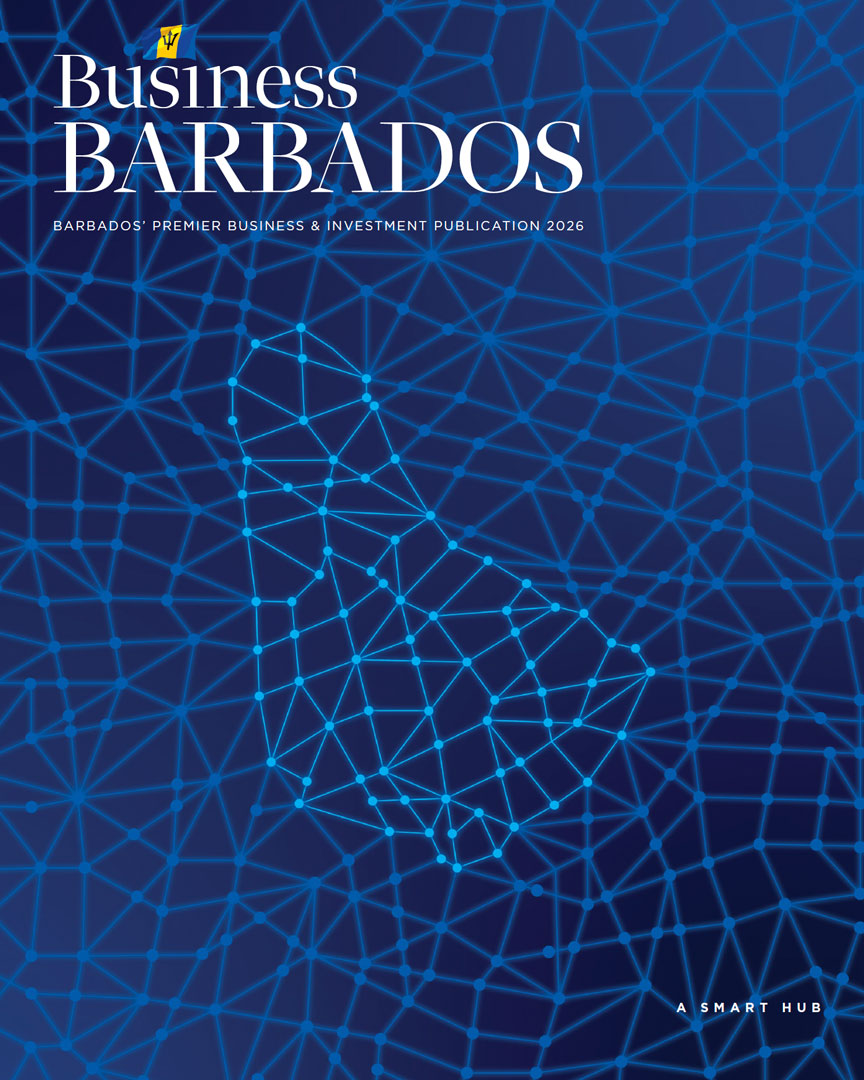
The Wheels are Spinning Faster than Ever
The future of tax policy around the world is witnessing a historic change, as lawmakers of the inclusive framework member countries move ahead with great speed to bring the challenges addressed under Base Erosion and Profit Shifting (BEPS) 2.0 within the realm of their legislation. BEPS 2.0 is a two-pillar solution designed to address the tax challenges arising from the digitalization of the economy. It was agreed to by 137 out of 141 countries of the Organisation for Economic Cooperation and Development’s (OECD) inclusive framework and was endorsed by the G20 members in October of last year.
Pillar 1 addresses the broader challenges of the digitalization of the economy and the allocation of taxing rights to market jurisdictions. Pillar 2 deals with the remaining concerns about potential base erosion and profit shifting as well as tax rate competition among countries.
The OECD Secretary-General’s Tax Report to G20 Finance Ministers and Central Bank Governors published in October 2021 includes a two-page ‘detailed implementation plan’. Briefly, it proposes that Pillar 1 will be introduced by way of a multilateral convention (the MLC). Pillar 2 will be implemented through domestic legislation based on OECD developed ‘Model Rules’.
The target deadline for introducing both measures is 2023. The OECD kept its side of the bargain by publishing detailed rules in December 2021. These are designed to help in the implementation of a landmark reform to the global tax system, which will ensure Multinational Enterprises (MNEs) will be subject to a minimum 15% tax rate from 2023.
In this article, we will focus on Pillar 2, which will introduce a global minimum tax rate of 15%, and its impact on Barbados. The country currently has a sliding corporate tax rate of between 5.5 per cent and 1.0 per cent. While the proposed minimum tax rate is estimated to generate nearly USD 150 billion in additional global tax revenues annually, there is grave concern on whether Pillar 2 would further erode the attractiveness of low tax jurisdictions like Barbados.
Changing Landscape
Within the last 5 years, Barbados has been under the increased scrutiny of the European Union and OECD to adopt internationally accepted best practices. The country overhauled its tax regime in 2019 to safeguard fairness and compliance, while maintaining its competitiveness as an investor friendly jurisdiction. However, the minimum tax rate of 15% under Pillar 2 and potential adoption of the Model Rules under the domestic tax law indicate the volatility in the environment and the need to embrace change in a short time frame.
The Barbados Government expects to finalize its position on the implementation of Pillar 2 soon. If Barbados changes its tax rate to 15%, it would generate additional revenue for the country’s economy. Also, while certain companies would face a heavier Barbados tax burden, they would be spared from the top-up tax abroad. However, such an increase in the tax rate would impact Barbados’ attractiveness as an investment destination. We discuss below some fiscal policy measures to counteract a possible loss of attractiveness as an investment location.
The country overhauled its tax regime in 2019 to safeguard fairness and compliance, while maintaining its competitiveness as an investor friendly jurisdiction.
Points for Consideration
• Research and Development (R&D) grants and cash grants on capital expenditure investments are traditional yet popular measures to provide incentives to attract foreign investments. These measures would act as catalysts for MNEs to maximize their economic gains by incorporating entities to access maximum R&D cash grants.
• To help achieve sustainable and inclusive economic growth, Barbados can develop a knowledge-based economy and an innovation hub by formulating and implementing policies that promote world-class science and technology. This would encourage R&D to be undertaken on island.
• The Pillar 2 Model Global anti-Base Erosion (GloBE) Rules provide for substance-based carve-outs based on certain levels of assets and payroll costs/employment. Such carve-outs allow a jurisdiction to continue offering tax incentives that reduce taxes on routine returns from investment in substantive activities. What is more, these incentives won’t trigger additional GloBE top-up tax (i.e., the difference between effective tax rate and minimum tax rate of 15%). Barbados could pursue this option.
• The country is currently ranked 128th on the World Bank’s Ease of Doing Business Index. Several non-tax indicators, such as starting a business, paying taxes and enforcing contracts, can be improved and contribute to a better ranking. Robust business regulatory policies should continue to be at the forefront to ensure a sound regulatory environment for companies doing business in Barbados.
• Barbados should embrace digitization and the fintech revolution. Its transformational impact on business facilitation and doing business in a secure, innovative, and automated environment can be a game changer for Barbados.
• Pillar Two Model Rules exclude a number of entities. These are: companies that have a foreign presence; companies with less than EUR 750 million in consolidated revenues; government entities; non-profit organizations; and investment funds. Setting up dedicated focus groups to target such entities could prove to be a winner for all the stakeholders.
• The encouragement and reciprocal protection under the bilateral investment treaty network will be an impetus for stimulating new business initiatives, resulting in increased prosperity in both for the contracting States. This is an opportunity for Barbados to expand its bilateral investment treaty network.
The Way Forward
Initial reactions by experts indicate the GloBE rules are highly complex, with far-reaching impact, and with tight timelines, given that there are less than 12 months to implement detailed laws that are yet unwritten. This may prove an administrative and compliance struggle for even the largest and best-resourced tax authorities and their taxpayers.
In the long run, the new model framework is expected to reduce pressure on governments to offer wasteful tax incentives and tax holidays. What is clear is that the next few years may be yield increased uncertainty and instability.
While it seems that Barbados and like countries are collateral damage to the need for an EU and OECD driven overhaul of the global tax system, experts believe that having a seat at the table would allow Barbados to control the narrative in a manner most favourable to the island rather than sitting outside the tent.
Watch this space for more.





-3.png)










